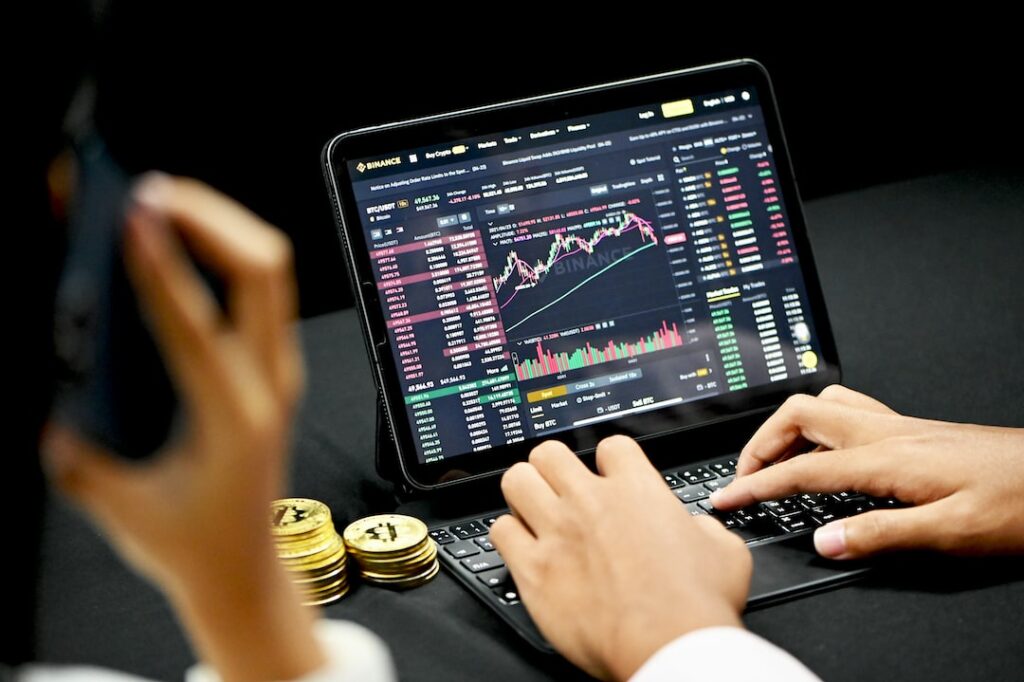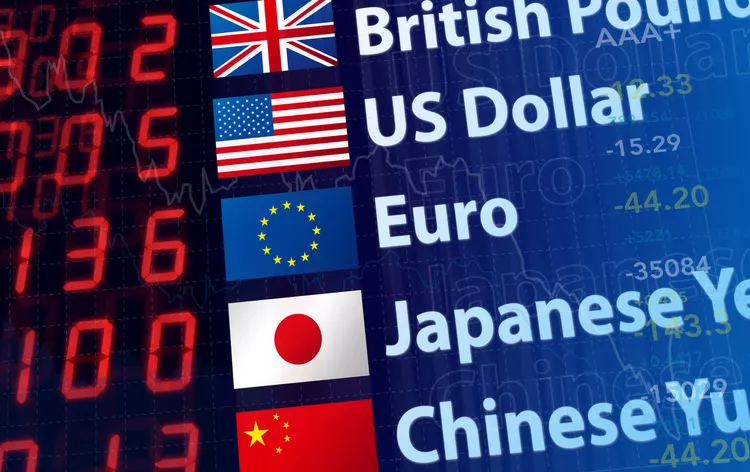Two very important concepts that we encounter at the beginning of entering the financial markets are the concepts of equity and balance. Not having a proper understanding of these two concepts and identifying their differences may expose your capital to serious risks. In this article, we will try to explain these two concepts to you in the simplest possible way.
What is balance?
Balance refers to the amount of money a trader has in their trading account.
This amount does not include potential profits or losses that the trader may have on his open positions.
If a trader has an open position, his balance may change depending on the losses or profits he made after closing the trade (or part of it).
What is equity?
In simple words, “equity” represents the current value of your trading account.
Equity shows the current value of the account, and with every change in the conditions in your transactions, the equity of your account will also change.
This amount is the sum of your account balance and all floating (unrealized) profits or losses associated with your open positions.
As the value of your current trades changes, so does your equity.
If you do not have any open transactions in your account, equity and balance are equal to each other.

Equity calculation
To calculate equity, you need to consider the impact of your open trades on the account balance.
For example, let’s say a trader deposits 1000$ into his trading account.
In the next step, he enters into a transaction according to his analysis.
But the market has moved against his predictions and his trade is in loss.
In such a case, despite the fact that the transaction has not yet been closed and in the end may cause the trader to make a profit, the equity of the account will decrease to 950$.
The opposite of the given example is also possible. It is possible that a person has made a profit of 100$ on a trade, but the trade is still open. In this case, your account equity will be 1,100$ while the account balance will still show 1,000$.
The difference between equity and balance
Let’s look at these two concepts more simply.
If your account is “empty” or you have no open transactions, then your balance and equity are the same.
But if you have open trades, then your balance and equity will be different.
Balance represents your profit/loss from closed positions while Equity represents your real-time profit/loss calculation, taking into account open and closed positions.
This means that when you look at your balance, it’s not the real and instantaneous amount of your assets.
Because equity includes the current profit or loss from open trades, equity represents the actual, instantaneous value of your assets. Your balance may be very large, but your equity is very small.
This happens when your open trades have large floating losses.
For example, if your balance is $1,000 and you have an open trade that has a floating loss of $900, your equity will only be $100.

Why is attention to equity important?
Many novice traders focus all their attention on trading profits and losses. While the real profit and loss of a forex account can only be seen through equity. Your trading chart may be green and it looks like you are making profitable trades, but the equity may show a different number. The difference between balance and equity indicates the riskiness of the trade and may tell you that you need to close your open positions quickly.
For example, in a situation where trading profit is low but risk is high, equity analysis can show the disparity between risk and profit. For this reason, professional traders always pay attention to their account equity and never neglect it.
Factors affecting equity in forex
- Market fluctuations: price fluctuations in the forex market are caused by changes in monetary policies, economic news and political developments. These fluctuations can strongly affect the price of currencies and traders should adopt appropriate strategies to manage these fluctuations using technical and fundamental analysis.
- Use of Leverage: Leverage allows traders to trade larger amounts in the market with less capital. For example, with a leverage of 1:100, you can trade $100,000 by $1,000. This feature can help increase profits. But at the same time, it also entails the risk of capital loss. The more leverage you use in your trading, the greater the impact of market fluctuations on equity.
- Risk management: It is important to use tools such as stop loss and profit limit to limit losses and preserve profits. Determining the level of stop loss based on market analysis and risk tolerance, and using take profit at appropriate times, is one of the basic principles of risk management.
- Market Analysis: Success in the forex market requires a deep understanding of fundamental and technical analysis. Fundamental analysis examines economic and political conditions and their impact on the value of currencies, while technical analysis involves the use of charts and indicators to predict price movements. Combining these two methods can help make more accurate decisions.
- Trading Psychology: Controlling emotions such as greed and fear is important in trading. Greed can cause traders to stay in losing positions or take too many risks. Fear can prevent you from making profitable trades. Having a regular trading plan and sticking to it can help control these emotions.

Why is attention to equity important?
The concept of equity in the forex market plays a very important role in understanding the nature of transactions and capital management. The reasons for the importance of this parameter are as follows:
Account evaluation: Equity will tell you the financial status of your trading account in a transparent manner. This amount is a combination of the account’s principal balance, trading profits and losses, and the margin required to maintain open positions. By checking equity, you can closely monitor the growth or decline of your account and determine whether your trades have been profitable or loss-making.
Capital management: Equity helps you determine how much of your capital to allocate to different trades. This is especially important in avoiding the risks associated with opening trades larger than the available capital and helps you avoid the risks associated with large trades.
Risk management: Using equity, you can calculate the profit-loss ratio of trading. This information allows you to manage the risk level of each trade and avoid large losses through risk management strategies.
Margin Calculation: Equity informs you how much margin is available to maintain open positions in your account. This information will help you avoid bankruptcy and closing your account and manage your margin well.
Final word
In this article, we discussed the two concepts of balance and equity and examined the percentage and the reason for their importance together.
Besides these two concepts, there are many other concepts that you need to learn before entering the forex market. For this purpose, the comprehensive course “Zero to Hero” forex training by Mohammad Ahangari Asl can be a suitable option.
This course will prepare you for the challenges of the financial market by fully covering topics from introductory to advanced. By learning professional trading strategies and risk management techniques, you can increase your chances of success in the competitive world of trading. To get more information and register for this training course, take action now and take a big step towards becoming a professional in Forex.

